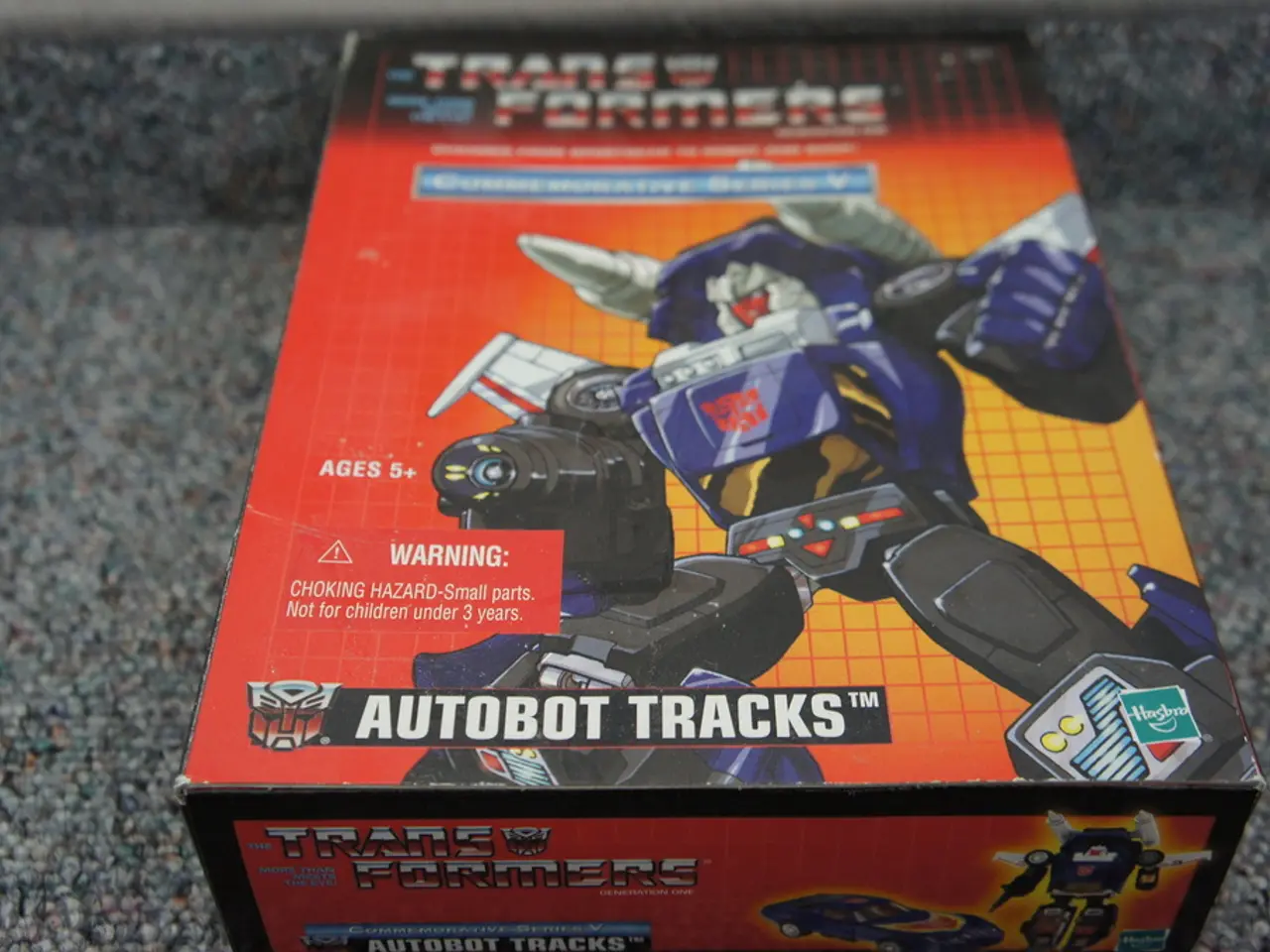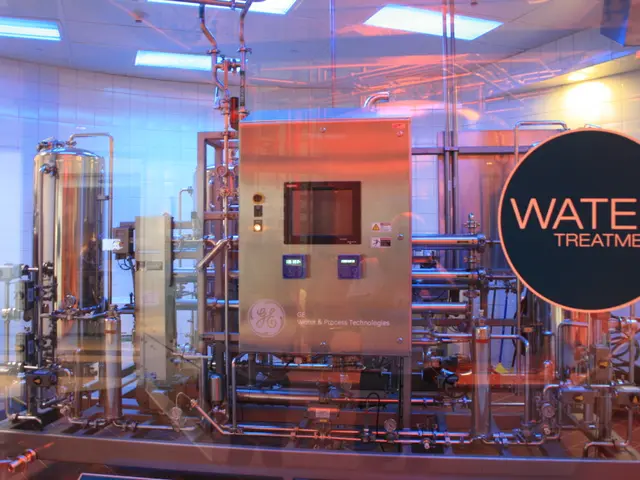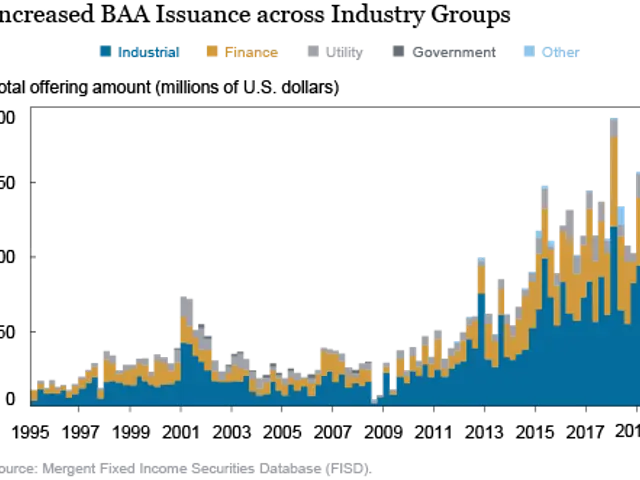Automated Industrial Systems Market Projected to Accumulate USD 493 Billion by 2032
The Industrial Automation Market is on a growth trajectory, driven by advancements in technology and supportive regulatory policies. The market is expected to continue its strong growth, with a compound annual growth rate (CAGR) of 9.0% from 2022 to 2032, reaching approximately USD 493 Billion by 2032.
The Asia-Pacific region is leading this growth, accounting for a significant market share of approximately 34.5%, valued at USD 73.3 billion in 2024. Rapid industrialization, increased investment in advanced manufacturing technologies, and the robust expansion of key sectors such as automotive, electronics, and manufacturing are driving the significant growth of the Industrial Automation Market in the Asia Pacific region.
Technology advancements have been a major catalyst for this growth. In 2023-2025, generative AI technology was integrated into Rockwell's FactoryTalk Design Studio, Siemens strengthened its position in fast-charging technologies for electric vehicles, Honeywell addressed global energy security by acquiring Sundyne, and ABB strengthened its position in smart water technology by acquiring Real Tech.
Partnerships and acquisitions have also played a significant role. Rockwell Automation partnered with Microsoft, Siemens expanded its electric vehicle charging business by acquiring Heliox, Altair was acquired by Siemens, Legrand acquired Australian Plastic Profiles, ABB finalized the acquisition of Real Tech, Honeywell announced plans to acquire Sundyne, Symbotic Inc. agreed to purchase Walmart's Advanced Systems and Robotics business, and TE Connectivity announced its intention to acquire Richards Manufacturing.
However, the Industrial Automation Market is not without its challenges. Technological Obsolescence, Regulatory Compliance, Integration Complexity, Skilled Worker Shortage, and Cybersecurity Risks are significant hurdles that need to be addressed.
Despite these challenges, the future of Industrial Automation looks promising. Rising demand for efficiency, quality control, and cost savings will further accelerate automation's role in industry. The Asia-Pacific region will remain a key growth area, benefiting from rapid industrialization and strong government support for advanced manufacturing solutions.
The most significant companies driving the global industrial automation market include Ricoh, Honda Motor Co., Ltd., iRobot Corporation, Kuka AG, Intuitive Surgical, Daifuku Co., Ltd., SoftBank Robotics Group Corp., Aethon, and Boston Dynamics. Key players in the market in 2024 include ABB Ltd., Emerson Electric Co., Honeywell International, Inc., Kawasaki Heavy Industries, Ltd., Mitsubishi Electric Corporation, OMRON Corporation, Rockwell Automation, Inc., Schneider Electric SE, Siemens AG, Yokogawa Electric Corporation, Fuji Electric Co., Ltd., and Other Key Players.
Interestingly, nearly 70% of workers see automation as an opportunity to qualify for higher-skilled roles. Enhanced Supply Chain Management, Real-Time Monitoring and Control, Smart Factories, and Predictive Maintenance are top use cases for Industrial Automation.
In conclusion, the future of industrial automation looks promising, with ongoing innovation shaping the manufacturing landscape globally. The Asia-Pacific region, with its supportive regulatory environment and rapid industrialization, is poised to reap the benefits of this transformation.
Read also:
- GAC Aion stepping up recruitment efforts in anticipation for global market expansion in China
- Top-Notch Books for Business Motivation: A Compulsory Reading List for Achieving Success
- Exploring Elon Musk's Wealth: Investigating the Billionaire's Monetary Domain
- Annual Gathering of the Savory Institute UK Network








